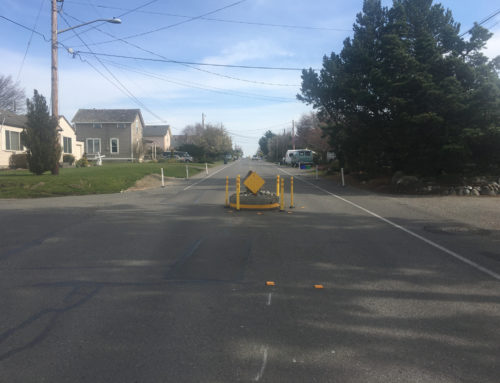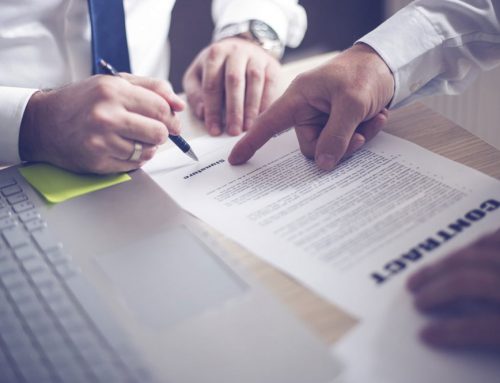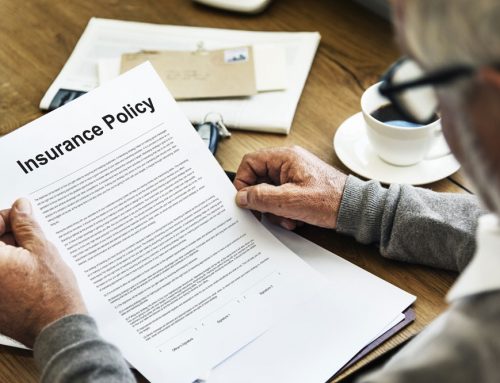Auto insurance adjusters can be very friendly and helpful–right after your car accident.
Feeling comfortable with the insurance adjuster and relieved to know your insurance company is “on your side” (yeah, right), you chat away with the adjuster, not knowing that your words are being meticulously documented, even recorded.
That’s what insurance adjusters are trained to do: get information out of you and the more the better for their company and their own job security.
Insurance adjusters are also trained to save their companies money—at the expense of their car insurance customers. That’d be you. That’s why friendly and helpful can quickly turn into rude and ugly when your accident case gets complicated, delaying the resolution of the case for months or even years.
The longer your case is open, the more money that flies out of the insurance company’s deep pockets. It doesn’t like that.
Words of legal wisdom when talking to automobile insurance companies after a car accident:
- Settle yourself and always think before you speak.
- Speak slowly and deliberately.
- Be short and sweet. Don’t chat about anything else except your auto accident. No small talk. Small talk leads to the “Open Mouth, Insert Foot Syndrome” that can come back to bite you.
- Be polite and friendly.
- Tell the truth.
- Don’t elaborate. Don’t embellish.
- Don’t lie. Don’t deceive.
- Don’t guess.
- Choose your words carefully. Give specific words that accurately answer the question. Avoid general words or sentences that can be interpreted in different ways and misinterpreted by the insurance company or a jury, such as “I feel the same,” “I feel fine,” “I feel better,” “I feel good, thank you.”
- If the question requires a “yes” or “no,” just answer “yes” or “no.” Don’t add any extra commentary, unless asked another direct question of course.
- If you don’t know the answer, then give your honest answer, “I don’t know.” And stick to it. If asked again, politely repeat, “I don’t know.” Don’t allow yourself to make up an answer just to appease and accommodate the insurance adjuster or the judge.
- Be aware of every word you say before you say it.
- Don’t chatter.
Example Questions and Answers:
#1 Question
Insurance Adjuster: “Were you hurt in the accident?”
Wrong Answer: “Yes, but it’s no big deal. My muscles are just a little stiff and sore.”
Right Answer: “Yes.” Period. Again, just answer the question and be quiet until the next question.
#2 Question
Insurance Adjuster: “How are you feeling?”
Wrong Answer: “I feel better.”
Right answer: “The pain in the right side of my neck has decreased since last week. I can move my neck better to the right. The pain in my lower back still hurts when I sit more than 20 minutes and when I bend forward from my waist.”
#3 Question
Insurance Adjuster: “When is the chiropractor releasing you from care?”
Wrong Answer: “Oh, I think maybe in a month or so. I’m getting better for sure.”
Right Answer: “I don’t know. My chiropractor is the expert, not me. Please ask Dr. Doogood when she thinks I will be released from her care.”
#4 Question
Insurance Adjuster: “I understand that you’re not the expert, but what is your opinion? When do you think you will be released from Dr. Doogood’s care?
Wrong Answer: Oh, maybe in a couple of months or so.
Right Answer: Sir, I am not the expert here. If it’s alright with you, let’s ask the doctor for the more accurate answer please.
As you can see, it’s difficult to know what to say and what not to say to insurance adjusters. It’s even more difficult to stand firm when under pressure with your appropriate, short, straight-forward answers.
Insurance adjusters are trained to save their companies money by squeezing information and opinions out of you, and later using your own words, out of context, against you.
You have the power to stop the questions and the pressure from all insurance companies right now. One phone call and one initial complimentary consultation with Urquia Law can stop all phone calls and communication from insurance companies.
Then you can focus on your job—getting well.
Your personal injury attorney, the one person truly on your side, can do everything else, including dealing with the insurance companies, fighting hard for you and your family, and protecting you until you receive your rightful compensation for all damages and losses.






